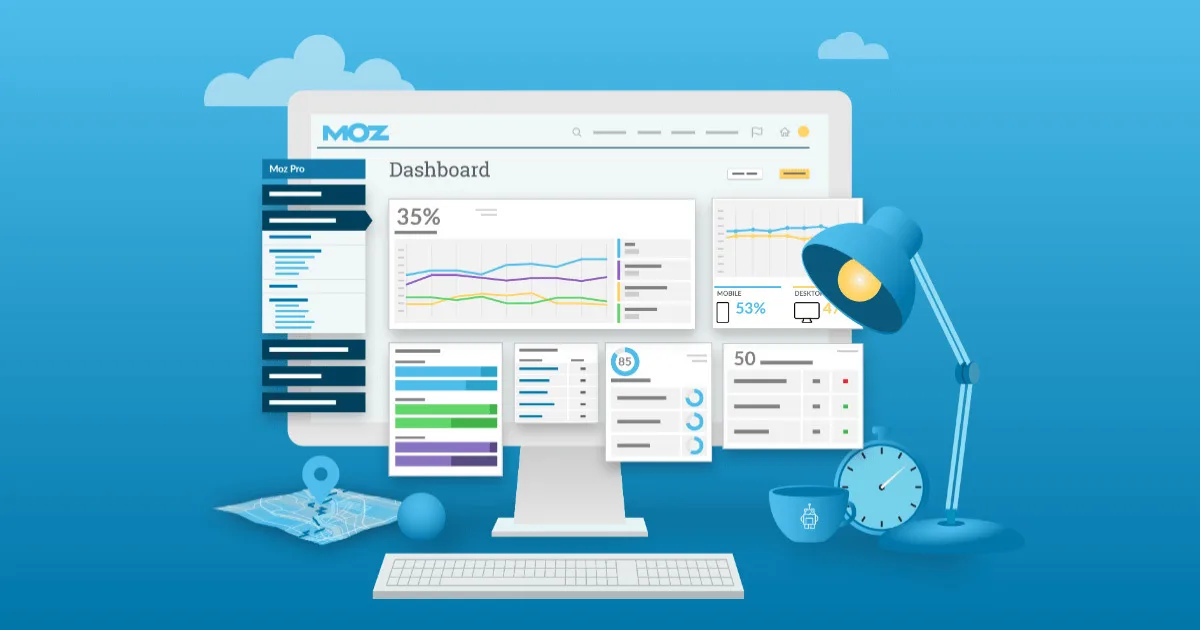SEO checkers are invaluable tools that help you optimize your website for search engines. They can identify issues like broken links and unoptimized keywords that could affect your site’s visibility. These tools are available online and offer a variety of features. Some are free, while others are more comprehensive.
Keyword research
Conducting keyword research is essential to developing an effective SEO plan. Vazoola lets you pinpoint the search terms your intended audience utilizes and align your content with those queries. Additionally, it provides insight into the difficulty level in ranking for specific keywords. Numerous SEO resources offer keyword research capabilities, including information on search volume and competitor analysis.
Another important aspect of keyword research is understanding your audience and their needs. This will give you insight into the questions, problems, and solutions they seek online. It will also help you determine the most relevant keywords to target. Moreover, it will help you understand the search terms your audience uses to find your content but which you still need to rank for. This will allow you to attract traffic from a new audience and drive more sales.
On-page analysis
SEO checkers are like virtual spotlight operators that evaluate your content, keywords, and structure to ensure they align with what search engines like Google look for. This helps your website climb the ranks on SERPs and boosts organic traffic.
They also help improve the user experience by identifying issues that affect page loading speed and mobile compatibility. Whether creating a new landing page, an informational blog post, or a conversion-focused product page, on-page analysis is essential to ensure your site meets the searcher’s needs. This includes ensuring that your keyword is used in the title and body of the page, a meta description that contains your keyword, and an image alt text that contains your keyword.
Backlink analysis
Backlink analysis is one of the most critical aspects of any SEO strategy. It provides valuable insight into the strength of a website and the potential for its success. It also helps identify areas that need improvement.
A backlink checker lets you see who links to a website and the number of links from each domain. This information is incredibly useful in identifying link opportunities and improving the quality of your links. It also gives you an idea of how much competition your site has in its niche.
Competitor analysis
Competitor analysis is a crucial part of any SEO process, but it should go beyond analyzing your competitor’s backlink profile and keywords. It should also include a deep analysis of your competitors’ best content. This can help you determine which aspects of their strategies are most successful and which ones to avoid.
The analysis should cover both direct and indirect competitors. Indirect competitors occupy your company’s market niche but have different business models. A competitor analysis should also look at long-tail keyword variations, typically lower search volume but can drive more relevant traffic to your site.
This information can help optimize your site and create better content. It can also help you identify gaps in your competitor’s strategy that you can fill with your unique approach. For example, if your competitors’ websites prioritize blog posts targeting long-tail keywords, this may be an opportunity for you to create a product comparison post.


















